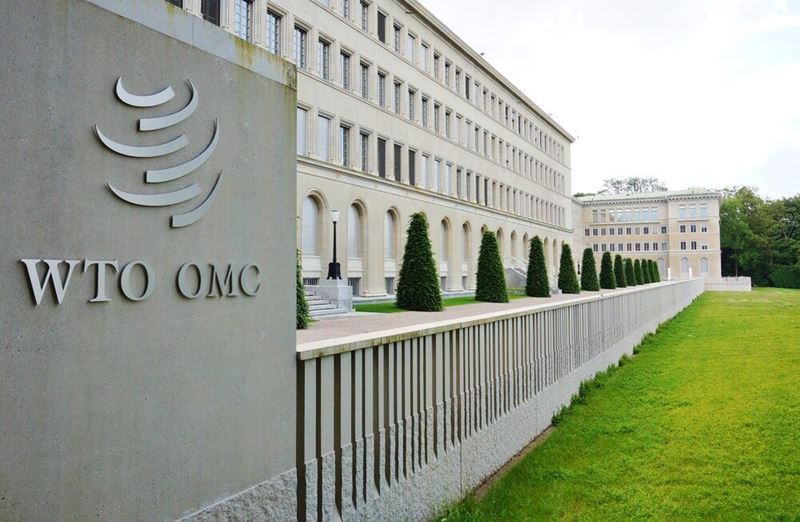Consumer inflation is tangent to the world's second and third largest economies, so to speak.
In Japan, the core consumer price index rose 0.2 percent last month and was further away from the Bank of Japan's (BOJ) target of 2 percent. On the other hand, energy prices climbed at the fastest pace in the last 41 years, reaching 17.9 percent.
Consumer prices increased by 0.9 percent in China last month.
Borrowing costs in China do not ease despite rate cut
Despite the rate cut and credit expansion last month, borrowing costs in Chinese money markets did not ease.
Overnight repo rates in the interbank market jumped 25 basis points to 2.11 percent this morning. The bounce, which indicates the tightness in liquidity conditions, was the hardest in the last 3 weeks. Analysts point out that when the world was tightening, China relaxed its money valves, but acted very cautiously while doing this.
The People's Bank of China (PBOC) announced 5 or 10 basis point cuts in various interest rate instruments last month.
The decision that created a rally in the real estate sector in China
A glimmer of hope has emerged for real estate companies in China, whose sales revenues have been shrinking rapidly since the Evergrande crisis.
In the city of Heze, which has a population of 9 million in Shandong province, large banks reduced their mortgage loan payment rates from 30 percent to 20 percent. The fact that the rate that the central government has kept high to prevent a bubble in housing prices has been lowered in a city for the first time since 2016 has led to a rally in real estate shares. Investors think that other cities can follow Heze's example.
The share of the real estate sector in the Chinese economy, which is expected to generate 19 trillion dollars in revenue this year, is close to 30 percent together with the subsidiary sector.
The decision that created a rally in the real estate sector in China
A glimmer of hope has emerged for real estate companies in China, whose sales revenues have been shrinking rapidly since the Evergrande crisis.
In the city of Heze, which has a population of 9 million in Shandong province, large banks reduced their mortgage loan payment rates from 30 percent to 20 percent. The fact that the rate that the central government has kept high to prevent a bubble in housing prices has been lowered in a city for the first time since 2016 has led to a rally in real estate shares. Investors think that other cities can follow Heze's example.
The share of the real estate sector in the Chinese economy, which is expected to generate 19 trillion dollars in revenue this year, is close to 30 percent together with the subsidiary sector.











Comments
No comment yet.